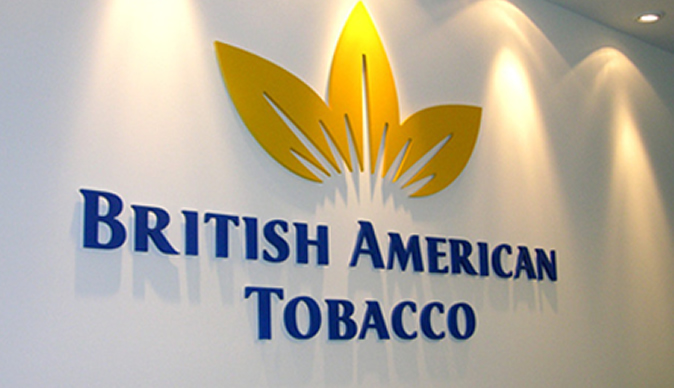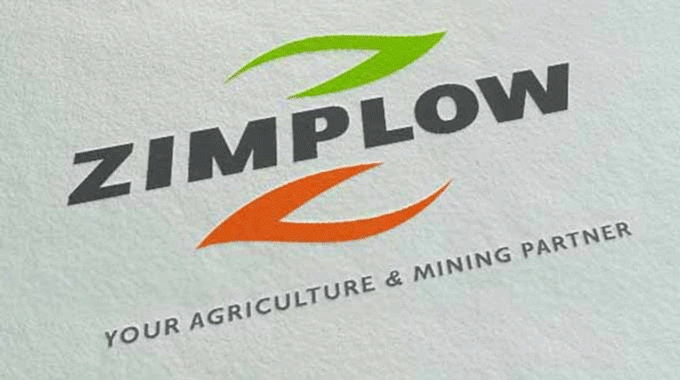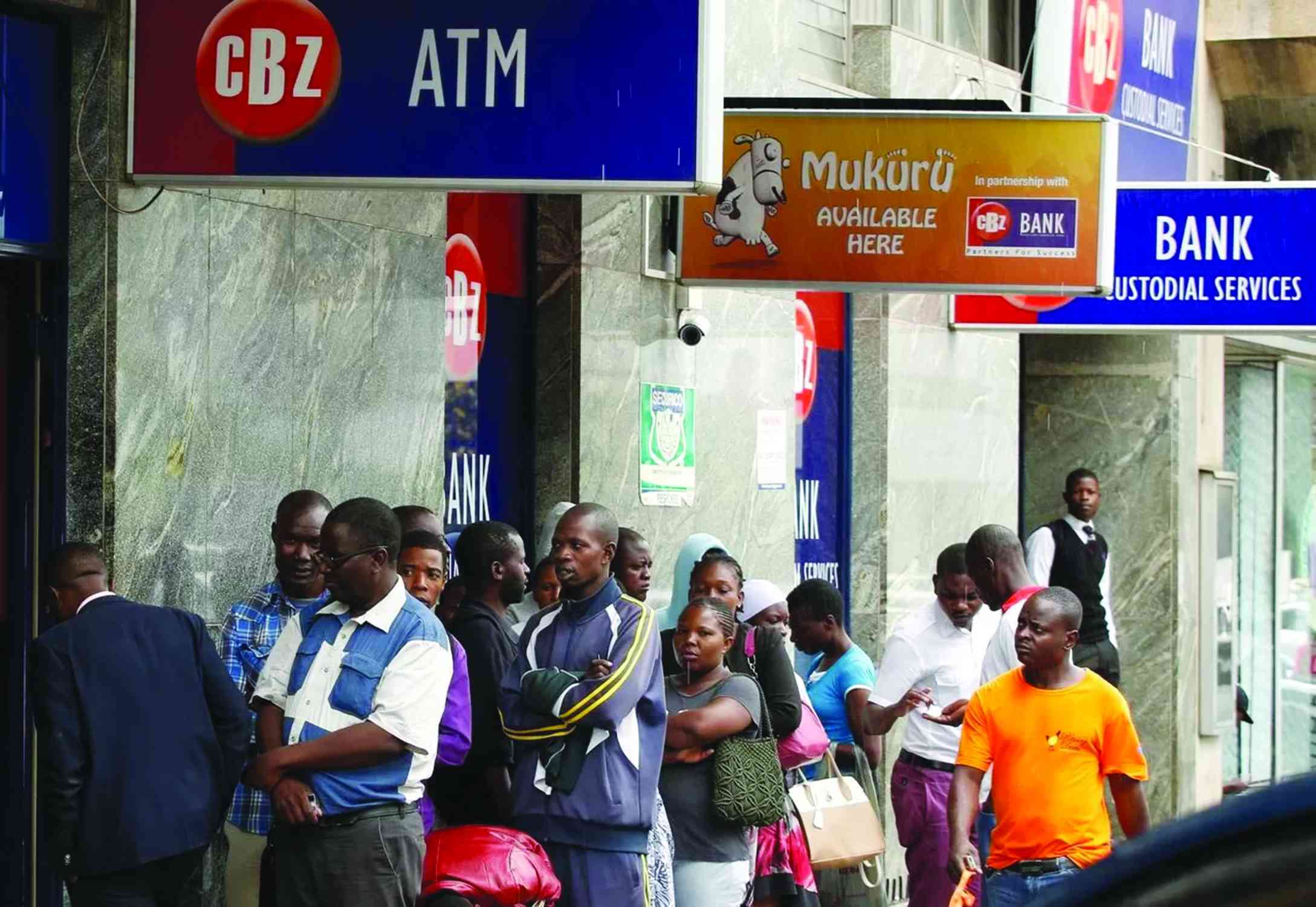
TANYARADZWA NHARI OVER US$15 million in blocked funds belonging to cigarette maker, British American Tobacco (BAT) is still trapped at the Reserve Bank of Zimbabwe (RBZ), three years after currency shifts resulted in the funds being transferred to the apex bank.
BAT’s blocked funds were part of the US$3,8 billion that Zimbabwe failed to release to 855 companies due to foreign currency shortages.
In 2019, the RBZ ordered companies with foreign liabilities and legacy debts to register with exchange control authorities to be able to receive foreign currency allocations towards the settlement of these debts.
BAT’s funds related to outstanding dividends and payments to foreign suppliers.
Last year, BAT auditors, KPMG, raised the red flag over lack of a legally binding instrument for the funds. In a commentary to BAT’s financial results for the year ended December 31, 2021, BAT chairperson Lovemore Manatsa gave no indication of communication between the two sides about a possible settlement date.
“Subsequent to 31 December 2019, the RBZ registered blocked funds amounting to US$15,7 million in respect of outstanding dividends, in line with the blocked funds guidelines stipulated in the Exchange Control Directive RU28 dated 21 February 2019 and the Exchange Control Circular No. 8 of 24 July 2019,” Manatsa said.
“In line with the provisions of the February 2019 Monetary Policy Statement on the settlement arrangements for these blocked funds, RBZ is now finalising the appropriate instrument(s) to facilitate settlement of the registered blocked funds.
“As a result of the successful registration of blocked funds, which were listed as approved blocked funds under Annex 1 of the Finance Act (no 7) of 2021, (gazetted on 21 December 2021), management has continued to account for the outstanding blocked funds at a rate of US$1: ZW$1,” the BAT chairperson said.
- Chamisa under fire over US$120K donation
- Mavhunga puts DeMbare into Chibuku quarterfinals
- Pension funds bet on Cabora Bassa oilfields
- Councils defy govt fire tender directive
Keep Reading
BAT auditors, KPMG have indicated that they were worried about developments surrounding the funds.
KPMG also said in April last year that it was concerned about violation of international accounting standards as a result of the liabilities.
“As described in note 14 to the inflation-adjusted consolidated and separate financial statements, the group and the company has continued to account foreign liabilities amounting to US$15,7 million, for outstanding dividends and to foreign suppliers registered and approved as blocked funds on a 1:1 basis being $15,7 million as included within the trade and other payables balance, as the directors believe the Reserve Bank of Zimbabwe will assist the company in sourcing foreign currency at that rate,” KPMG said in a note to financial statements for the year ended December 31, 2020.
“As at the date of this report, an amount of US$15,7 million has been placed with the RBZ through authorised dealers and recognised within the trade and other receivables balance under current assets.
“No legally binding instrument had been issued by the RBZ to confirm the contractual terms supporting settlement of the approved blocked funds.
“This is not in line with the requirements of IAS (International Accounting Standard) 21; The Effects of Changes in Foreign Exchange Rates, which requires foreign currency-denominated liabilities to be translated at the closing spot rates at the respective year end,” it said.
Last week, KPMG raised the same concerns. BAT’s revenues rocketed by 42% to ZW$4,7 billion (about US$32,2 million), compared to ZW$3,3 billion (about US$22,7 million), riding on a robust rise in the exportation of cut rag tobacco.











